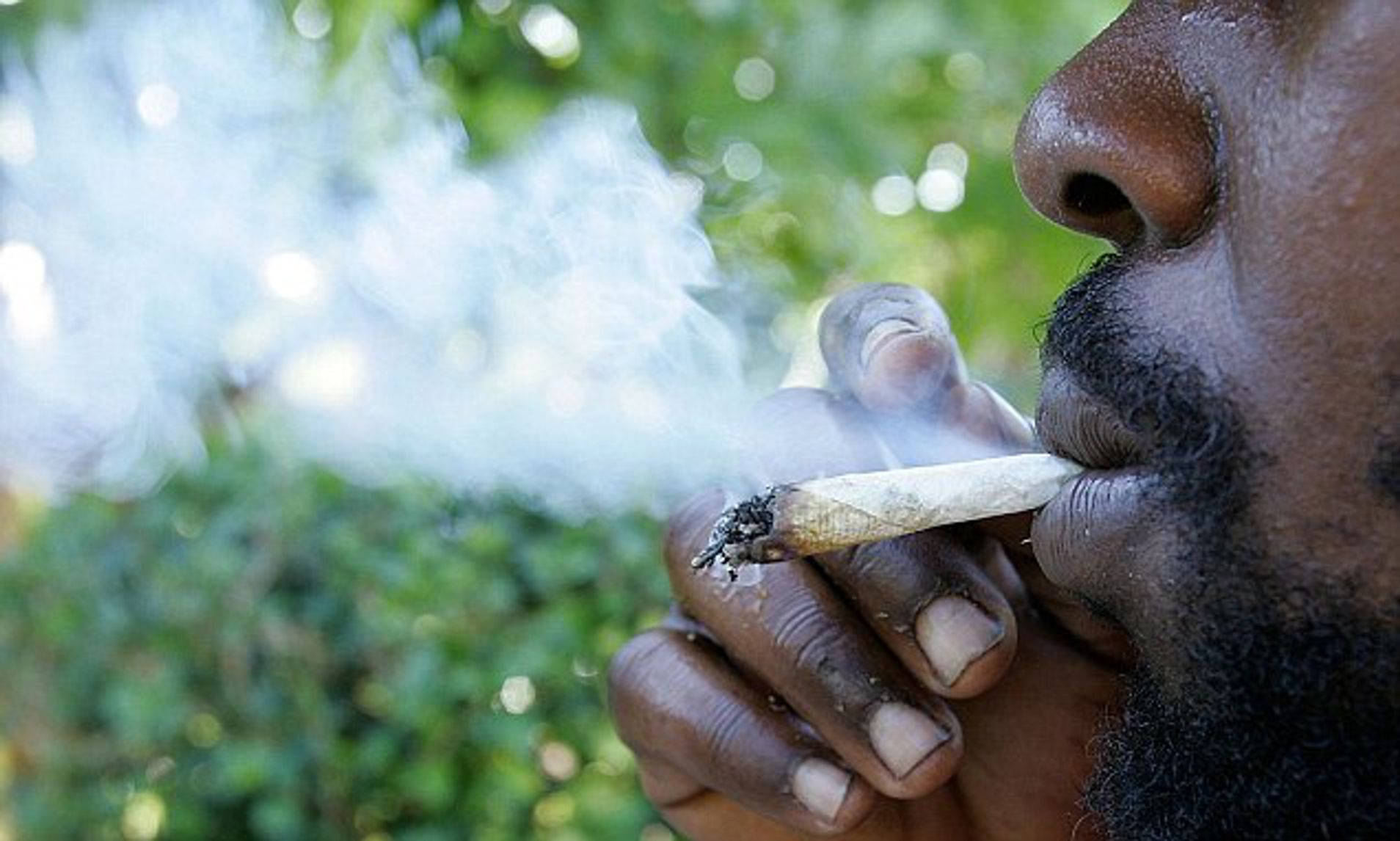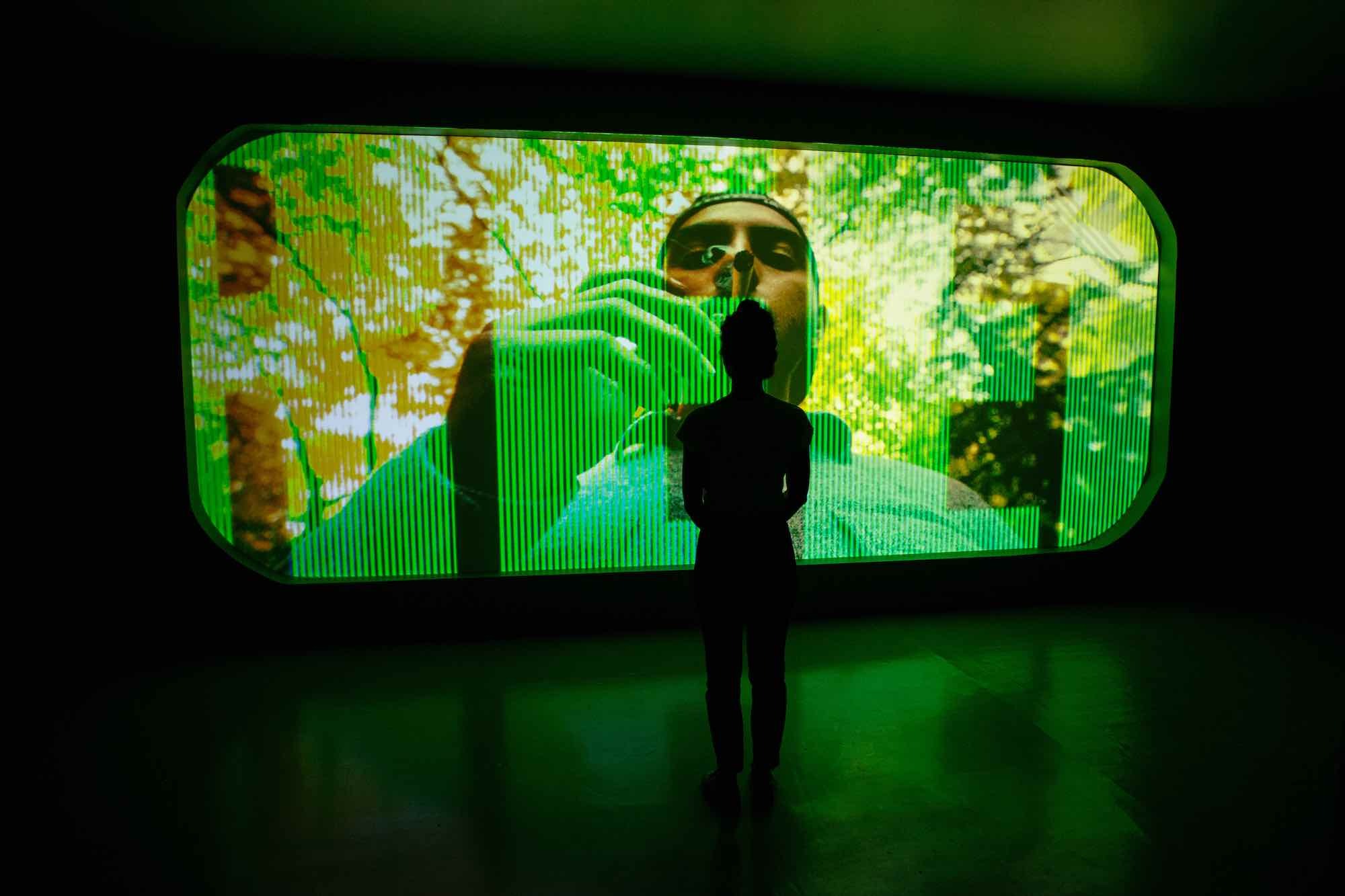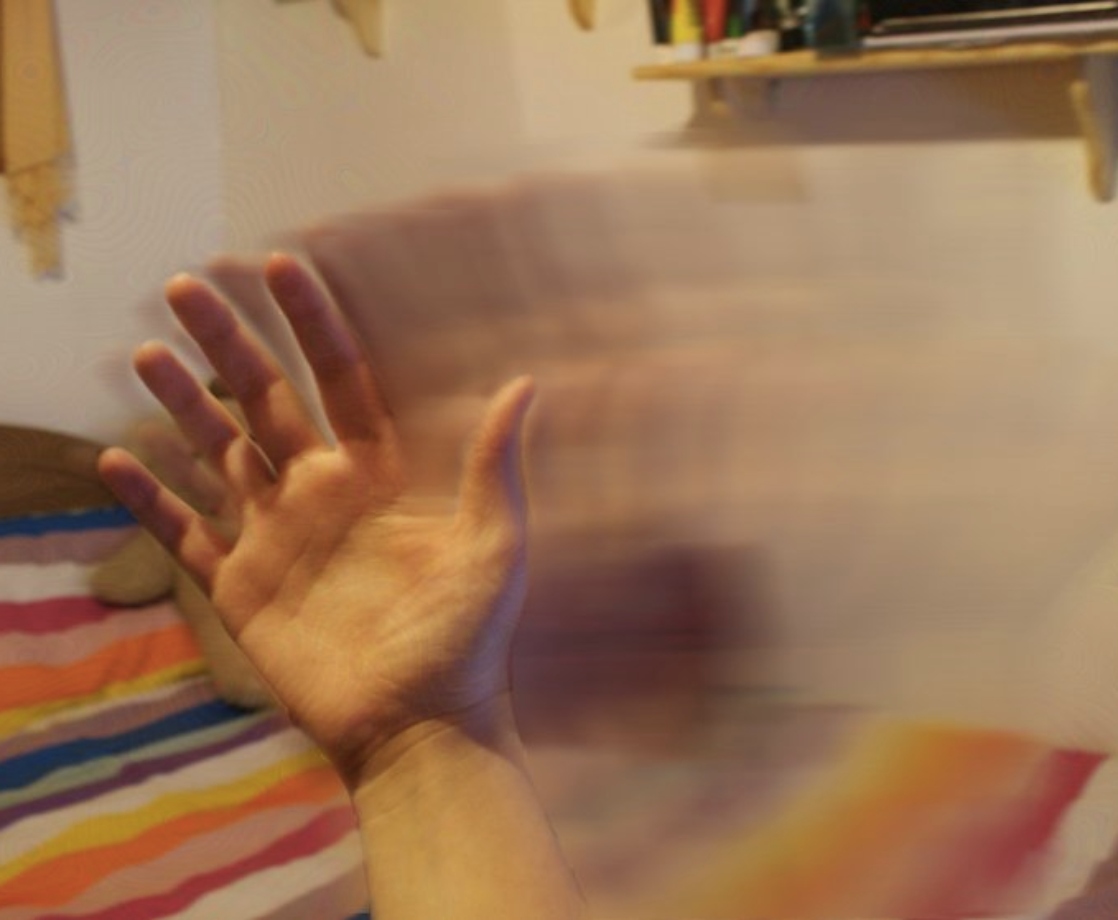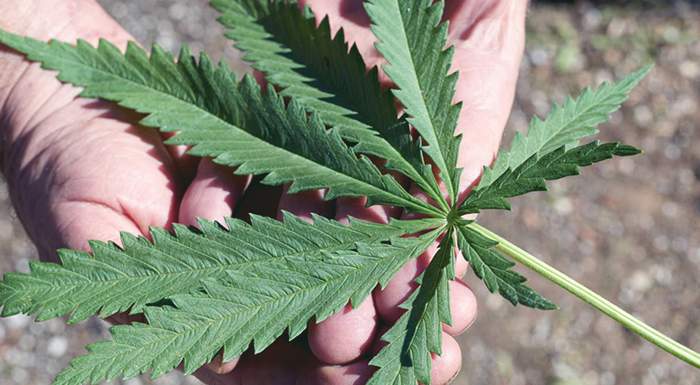Image via
The plight of one of the world’s most famous cannabis cultures was exposed last week when the Associated Press reported that Jamaica was undergoing a marijuana drought.
“It’s a cultural embarrassment,” said Triston Thompson, who works for Tacaya, a Jamaican cannabis industry consulting and brokerage firm, to the AP.
The Ministry of Health’s Cannabis Licensing Authority [CLA] denounced rumors of scarcity when it released a statement assuring patients that the island’s medical marijuana supply was abundant. But the CLA only checked the amount of product available in legal dispensaries.
The problem is that most Jamaicans don’t buy their weed from medicinal dispensaries, also known as “herb houses” on the island. The price of product at herb houses retail for five to 10 times more money than unregulated cannabis.
Paul Burke, CEO of Jamaica’s Ganja Growers and Producers Association, told the Associated Press that the herbal shortage could also be due to increased consumption resulting from the pandemic. He believes people are leaning on marijuana’s therapeutic powers during the stress of lockdown, and in conjunction with decriminalization measures, are less afraid of getting caught consuming.
The possession of up to 56.6 ounces of cannabis was decriminalized in 2015, as long as it’s for medical, therapeutic, and scientific purposes. Adults are allowed to grow up to five plants at home, too.
Jamaica was the first country in the world to legalize marijuana consumption for religious use. In fact, Jamaican Rastafarians have long used smokable cannabis in their rites. But they have also been mercilessly persecuted by law enforcement.
Allegedly, the country’s current flower drought is due in part to a nasty spate of weather that began with rains that deluged the island during last year’s hurricane season, which was then followed by a harsh drought. The one-two punch caused massive losses for cannabis farmers.
Complicating matters even more are the enduring lockdown measures implemented by the government to stop the spread of COVID-19. Having a 6pm curfew has prohibited farmers from providing hyper-attentive care to their plants, which is typically what’s needed when growing lush, outdoor bud.
Kenrick Wallace, who cultivates cannabis with a collective of 20 farmers in the town of Accompong, said that his group’s harvest was slashed from 800 pounds in a normal year to 300 pounds this year.
Accompong, a community originally started by escaped African slaves, or Maroons, in the 18th century, is now home to the country’s Alternative Development Program. This system was designed to assist Jamaica’s small cannabis farmers transition into the legal medical marijuana industry — the government’s tactic for cutting down on the illegal cannabis market.
It has not been entirely successful, however. In May of last year, authorities reported a $35 million bust of some 8,7000 pounds of pressed marijuana.
Furthermore, despite the institution of the program, many of the island’s small farmers have reportedly found licensing fees prohibitive to entering the legal market. (Hmm, sounds familiar.)
So far, there have only been 29 licenses issued by the CLA for cannabis cultivation on the island.
Hell will have officially frozen over if Jamaica’s weed runs dry. So here’s to hoping that Jamaicans get their supply back — and fast.











